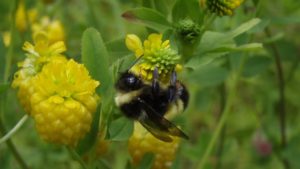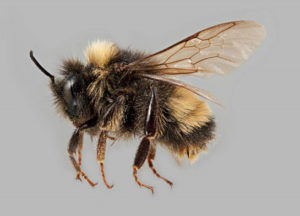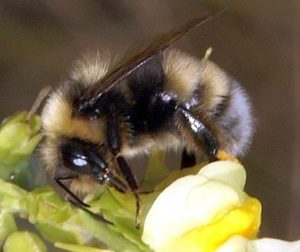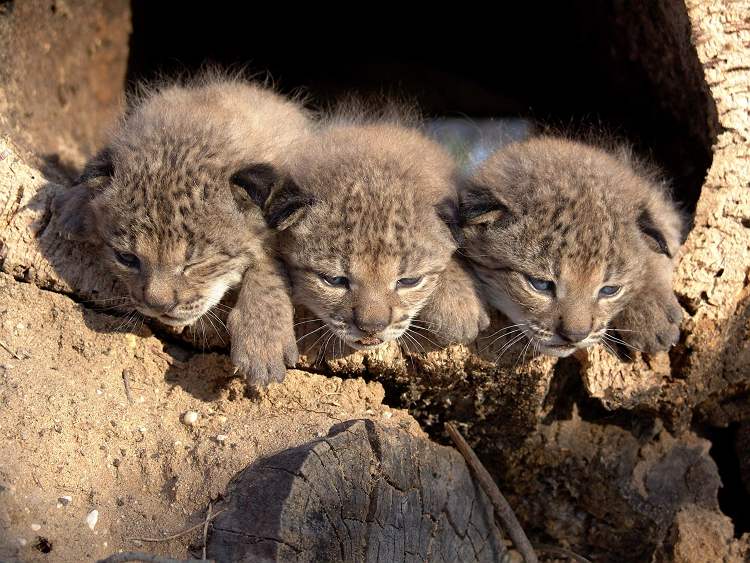Do you want to live forever? 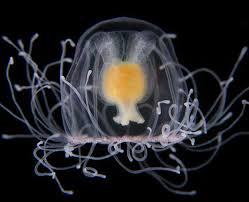
Do you think it could be done?
Where might mortals find the magic
To ensure immortal fun?
Take a look deep in the ocean
Where the jellyfishes form 
For one tiny bell-like jelly
Living backwards is the norm
One immortal little jelly
Can grow up and then grow down
It becomes once more a polyp
If it senses it might drown 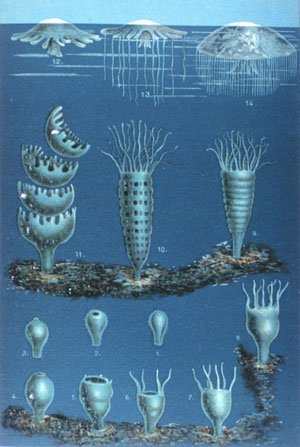
If you want to live life over
There’s one way to have your wish
Swim on back to your beginning
And become a jellyfish
— Ruth Gilmore Ingulsrud
The immortal jellyfish or “turritopsis dohrnii” as it is known by its scientific name, is the only living creature capable of transforming back into its infant or polyp state. Because it can reverse its life cycle in this way, it is essentially immortal. It is a tiny jelly, growing up to only 4.5 mm or .18 inches in width and height.
If the jelly, in its adult form, is threatened with death by starvation or dangerous change in its environment (a change in the saltiness of the ocean, for example) or even if its delicate bell-like body structure is cut or damaged, it can immediately start to change. The bell and tentacles of the adult jelly disintegrate and it becomes a tiny round polyp, a baby version of itself, again.
From the polyp stage, it can once more develop into a mature, free-swimming immortal jellyfish. This process can happen again and again. In fact, this tiny jelly can be reborn indefinitely.
These jellyfish are hard to raise in captivity, but there is one scientist who has succeeded in keeping a group of jellyfish alive for more than eleven cycles of rebirth. The scientist’s name is Shin Kubota from Kyoto University. He loves his jellyfish so much that he has even written several songs about them. Here is Shin singing one of his “Immortal Jellyfish” songs. — Listen —
Scientists are now looking into ways in which this unique creature might help humans heal from serious injuries or be able to regenerate healthy tissue. The tiny turritopsis dohrnii is, indeed, an amazing beloved beast.





